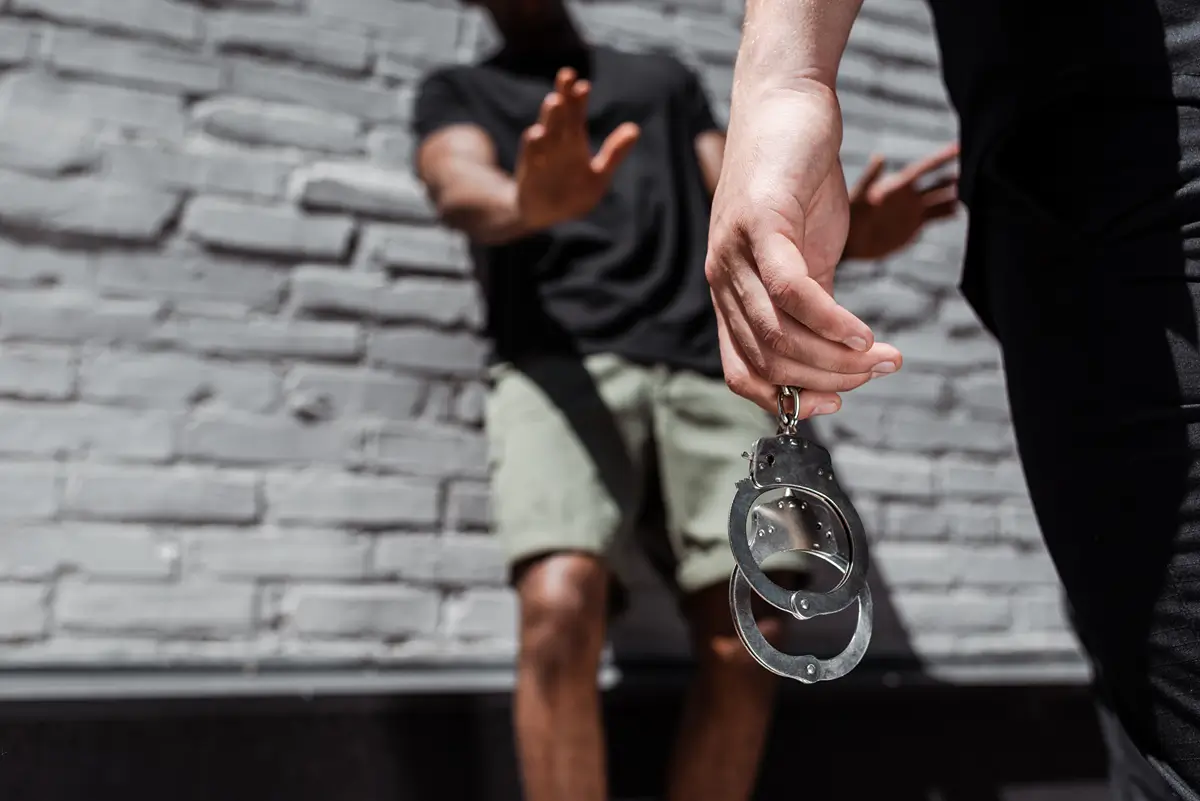Drug crimes can be prosecuted either under federal law or state law. So what is the difference between state and federal drug laws and how they are prosecuted?
As in other areas of the criminal justice system, drug crimes are an area in which state and federal laws overlap. From simple possession to trafficking, if you are prosecuted on a drug-related charge, you could end up in state or federal court. Although some charges, such as possession, are far more likely to stay at the state level, certain activities automatically qualify as federal offenses. For example, drug distribution crimes that involve travel over state lines are handled by federal authorities. Your case will also be prosecuted as a federal crime if you are arrested by federal agents or engage in drug-related criminal conduct on federal property.
Differences in Penalties
The most glaring difference between state and federal drug charges are the penalties for conviction. As noted, most federal drug convictions result from trafficking, while state cases are more focused on individual possession. Because federal cases tend to be bigger in nature, federal convictions usually result in harsher penalties and longer sentences than those resulting from state convictions. Federal drug crimes are governed by the U.S. Controlled Substances Act and convicted defendants’ prison sentences are determined by specific mandatory-minimum laws, depending on the crime, and federal judges have the discretion to assign sentences that are well beyond the minimums.
Federal law also imposes harsh consequences on those who commit violent drug crimes. If you engage in a drug-related crime that involves a violent weapon, you will spend a minimum of 15 years in jail. There are also stiff penalties for those who deal in large quantities.
The Controlled Substances Act groups drugs into five classes called “schedules.” Schedule I drugs are considered the most dangerous, with marijuana falling into this group. The continued classification of pot as a Schedule I drug is the subject of much debate as marijuana is decriminalized, legalized for medical use, or legalized altogether in more and more states. As I recently discussed here, the divergence between federal law and the law in states that have legalized pot has created some serious legal conundrums.
As discussed here, the revision of Indiana’s criminal code in 2014 reduced the penalties for marijuana possession and dealing which only further the distinction between being charged by the state or by the federal government. For example, possession of marijuana will be initially charged by the state of Indiana as a Class B Misdemeanor, punishable by up to 180 days in jail. However, the same crime under federal law is a felony that carries the possibility of up to one year in prison. This is a distinction that can have a significant impact on your future depending on who is charging you with possession.
If you have been charged with a drug offense by either the state of Indiana or the federal government, it is crucial that you obtain the help of an experienced Indiana criminal defense attorney as soon as possible. In many cases, a skilled lawyer can get charges reduced or dismissed, which can make all the difference in your case.
The laws governing legal advertising in the state of Indiana require the following statement in any publication of this kind: “THIS IS AN ADVERTISEMENT.” This website is designed for general information only. The information presented at this site should not be construed to be formal legal advice, nor the formation of a lawyer/client relationship.






